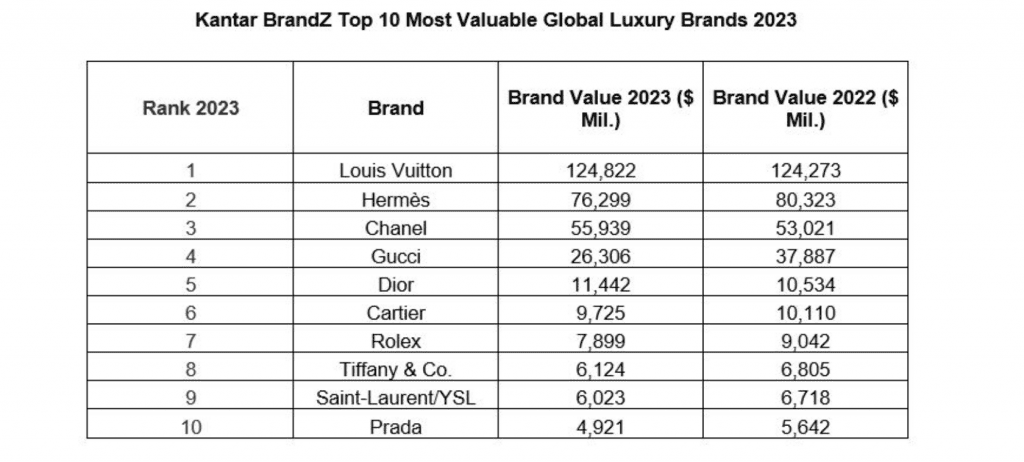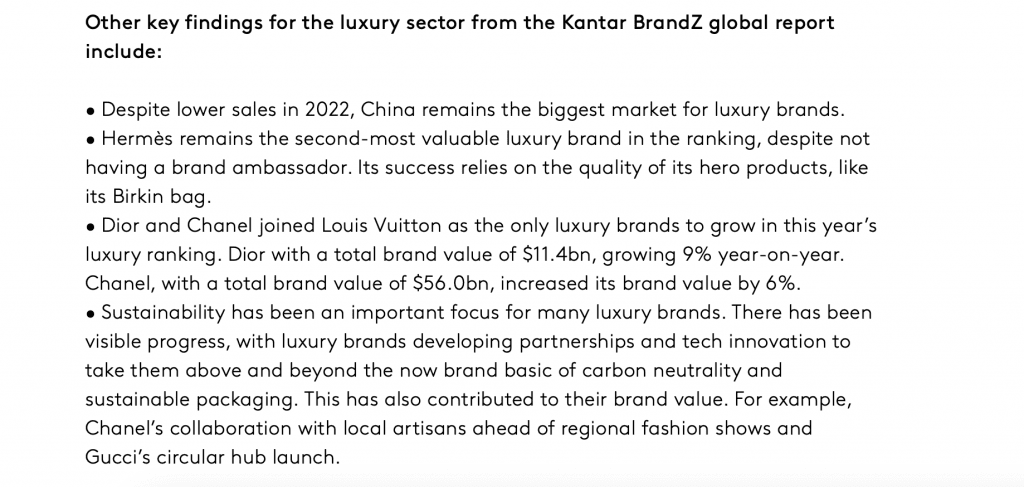Big news came out of the EU this week, with the European Commission proposing rules that would amend the existing Waste Framework Directive to introduce a mandatory & harmonized Extended Producer Responsibility (“EPR”) scheme for textiles in all EU Member States. The Commission announced on Wednesday that it is aiming to “impose responsibility on manufacturers for the entire life cycle of textile products.” Not only will such regulation “promote the sustainable management of textile waste throughout the EU,” the Commission says it “will also be an incentive for [textile manufacturers] to reduce waste and improve the cyclability of textile products by developing better products from the outset.”
Virginijus Sinkevičius, the EU commissioner for Environment, Oceans, and Fisheries, said in a statement this week that “harmonized ERP rules across the EU will create a level playing field on the single market and ensure the application of the polluter pays principle.”
The Basics: As a result of the new proposal, companies that sell apparel/textile products to consumers in the EU would be required to cover the costs of managing that textile waste. Payments in the EPR scheme will be adjusted based on the “environmental performance of [the] textiles” at issue in a process known as “eco-modulation.” According to an early estimate from an EU official, a company would pay €0.12 per t-shirt – subject to price hikes for more intensive textile processing or price cuts if the garment requires less processing (such as if it is made from more “sustainable” materials, for instance).
EPR measures are already in place in certain EU countries, including France and Spain, and “member states are already obliged to put in place systems for collecting textile waste by 2025 under separate rules,” the FT reported this week. The Commission says the uniform EPR regulations will make it easier for Member States to collect textiles in accordance with those separate rules.
Next Steps: The Commission’s proposal to specifically amend the Waste Framework Directive to extend to textiles is now being examined by the European Parliament and the Council in the framework of the ordinary legislative procedure.
THE U.S. VIEW: Enduring developments of the EPR front are not limited to the EU. A trio of organizations are pushing for more time before the implementation of the Responsible Textile Recovery Act of 2023 (SB 707) in California. In a letter to California State Assembly member Luz Rivas, the American Apparel and Footwear Association, Accelerating Circularity & American Circular Textiles asserted that two years should be added to the timeline of SB 707 in order to allow for legislators and other stakeholders to monitor & learn from the implementation of the EU’s textile-specific ERP regulations & the plastic-specific ERP pilot that California put in place last year (via SB 54). Introduced in Feb. 2023, the Responsible Textile Recovery Act of 2023 would require apparel & other textiles producers to implement & fund an ERP program that would enhance recycling and increase reuse in the sector.
– Hicks v. Grimmway: On the heels of a C.D. Cal. judge refusing to shield Grimmway Enterprises from a false advertising suit over claims in its ESG report (more about that here), the agricultural corp. filed its answer & affirmative defenses, the latter of which include puffery, reasonable consumer & First Amendment, in which it argues that the plaintiff’s aim of prohibiting “truthful, non-misleading commercial speech violate[s] the First Amendment.”
– Fragrance Holdings Limited v. Kintessense: Fragrance Holdings claims that Kintessence is on the hook for the unauthorized sale of “Fragrance Du Bois” goods after it terminated the parties’ logistics & fulfillment agreement. (Complaint here.)
– Lambrix v. Tesla: Not fashion but right to repair. A CA federal court has consolidated 5 lawsuits filed against Tesla for allegedly monopolizing the Tesla-compatible parts market in violation of s. 2 of the Sherman Act & 102(c) of the Magnuson-Moss Warranty Act. (One of the initial complaints can be found here.)
>>> For a dive into right to repair in a fashion/luxury context, you can find that here.
– Twitter v. Threads: The Quinn Emanuel-drafted letter that Twitter head Elon Musk sent to Meta leader Mark Zuckerberg, claiming trade secret misappropriation via former Twitter employees, can be found here. A Meta spokesperson said, “No one on the Threads engineering team is a former Twitter employee — that’s just not a thing.” Prof. Tiffany Li dives in in a Twitter thread here.

Kantar released its 18th annual BrandZ Most Valuable Global Brands ranking this week. Louis Vuitton continues to hold on to the top spot in the luxury realm; Apple nabbed the no.1 position overall. With a 0.4% increase, Louis Vuitton reached a brand value of $124.8B vs. $124.3B last year.


– Men’s activewear brand Ten Thousand has raised $21.5M in a Series A round.
– Mumbai-based direct-to-consumer clothing brand that specializes in denim Freakins has raised $4M in a Seed round.
– Optiversal raised $4.2M in a Seed round. The generative AI content provider counts Sephora & Best Buy as clients.
– AI text-to-video provider Immersive Fox has raised £2.8M in a Seed round.
– Commerce & logistics solutions company Cart.com has raised $60M in a Series C round.
– ICYMI: ShopZetu has raised $1M in a Pre-Seed round. The Kenya-based fashion e-commerce start-up will use the new funds to trial regional delivery services in Rwanda, Tanzania & Uganda.